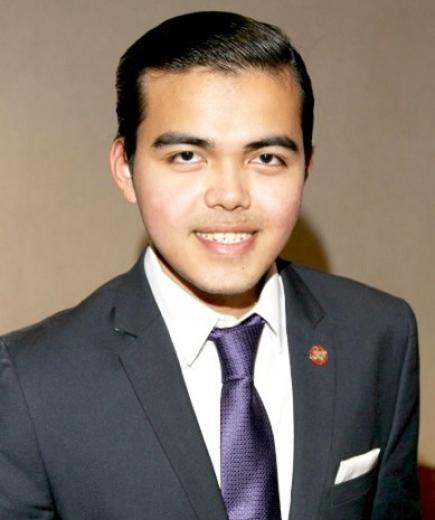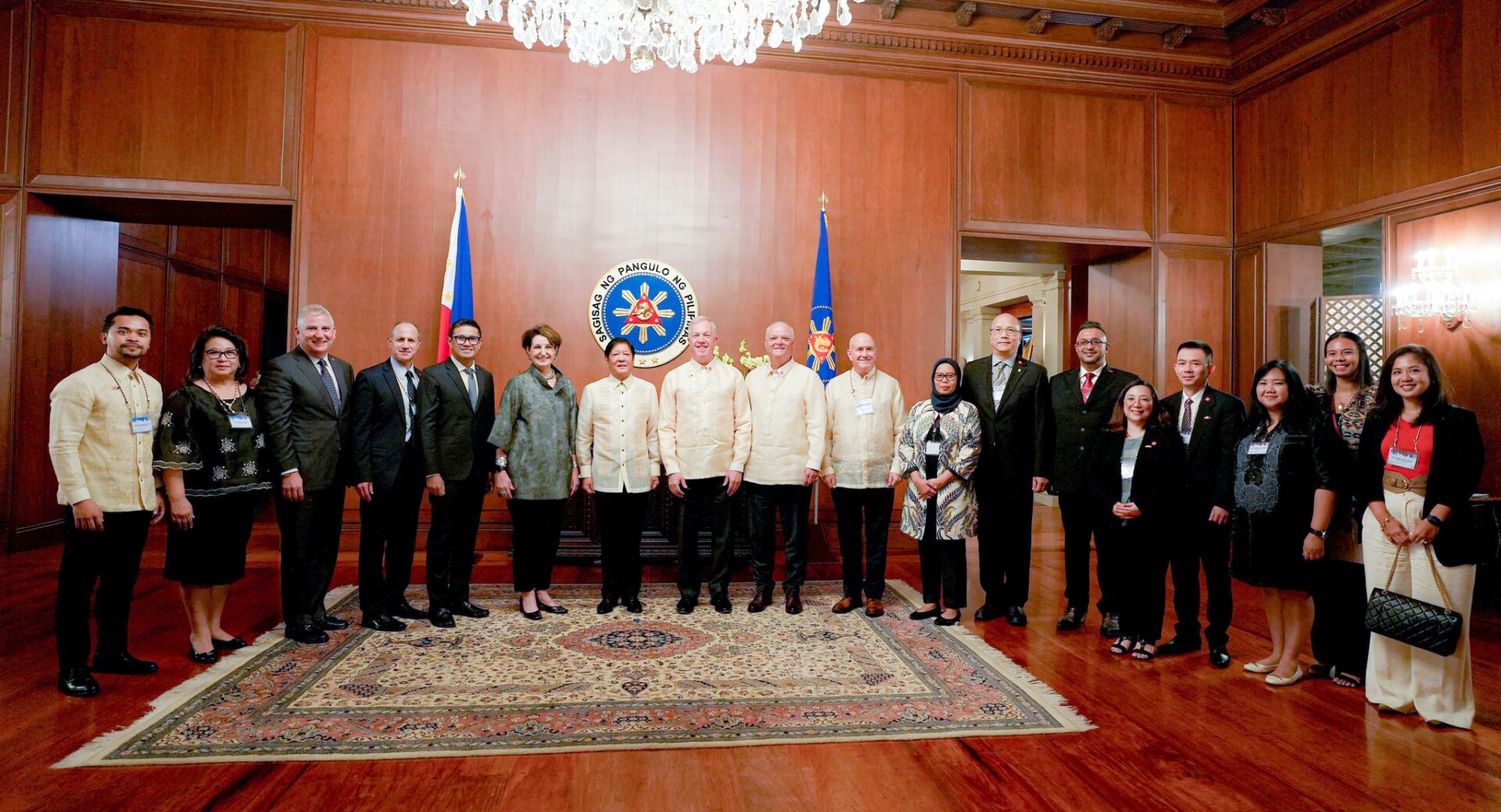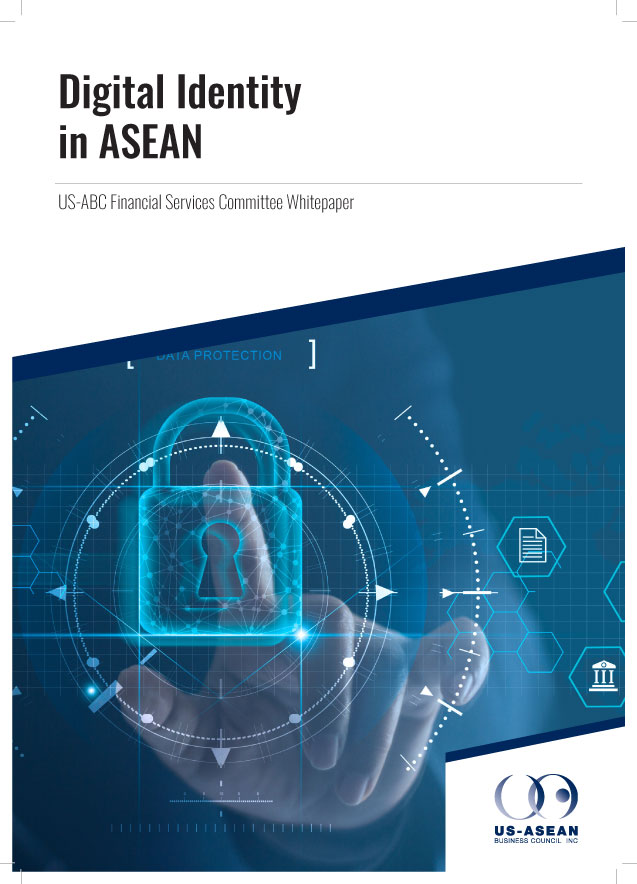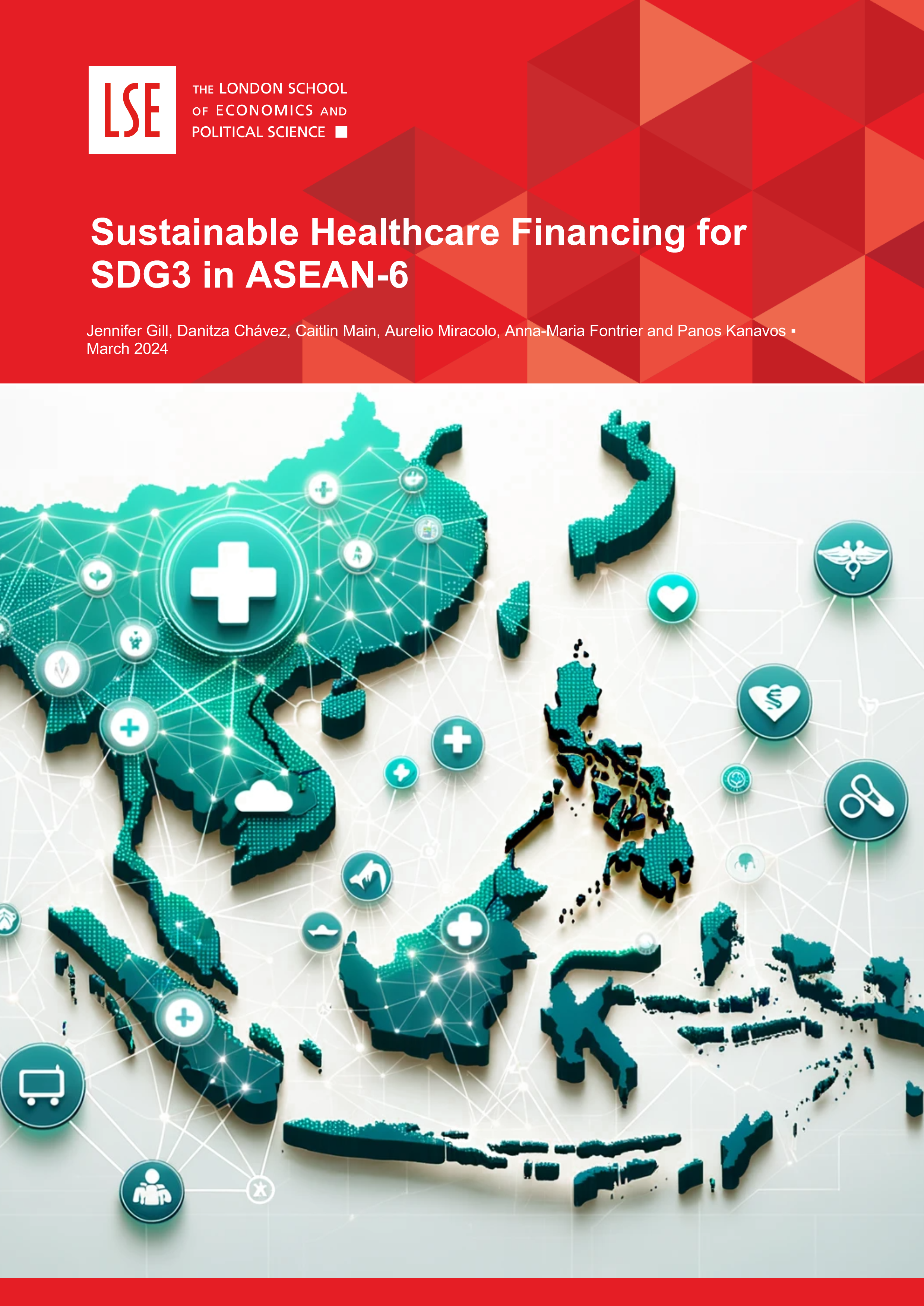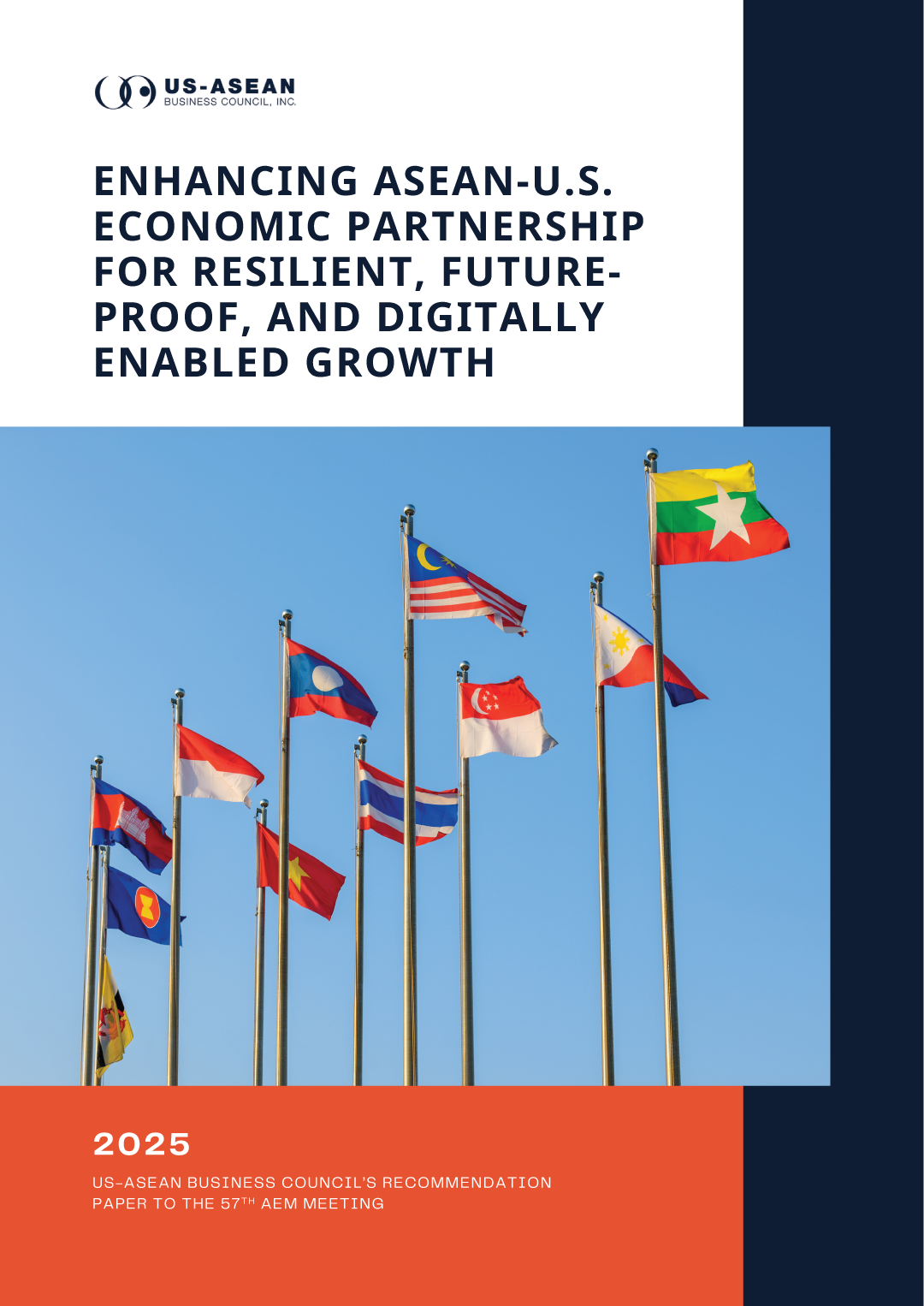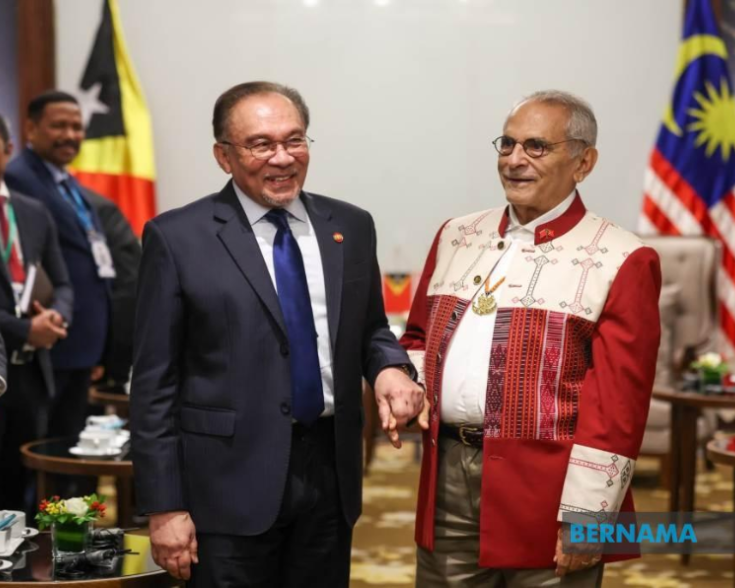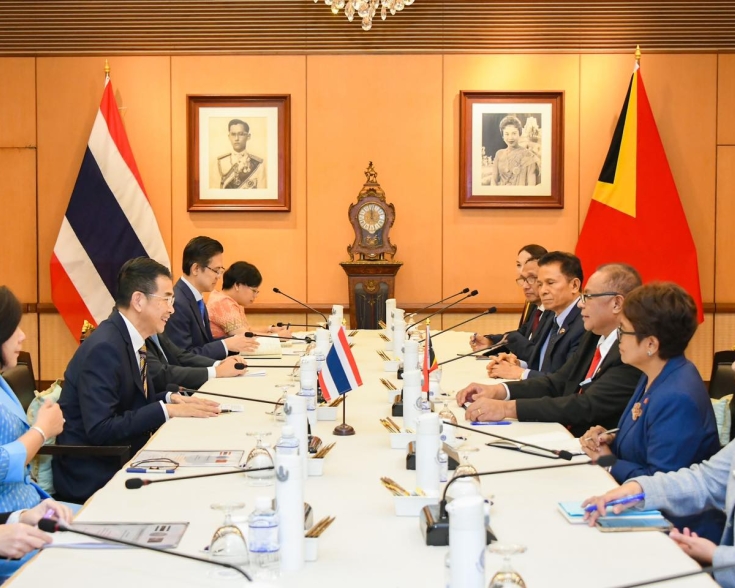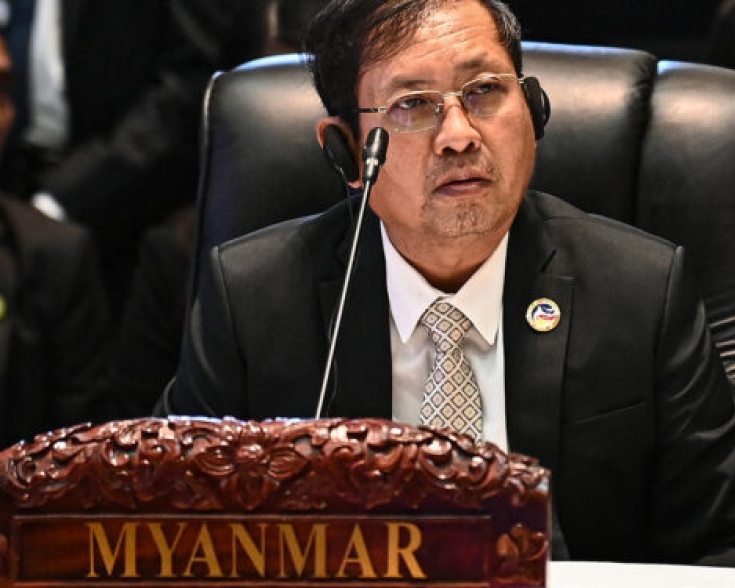ASEAN Summit on Myanmar: Fragile Progress Amid Renewed Engagement
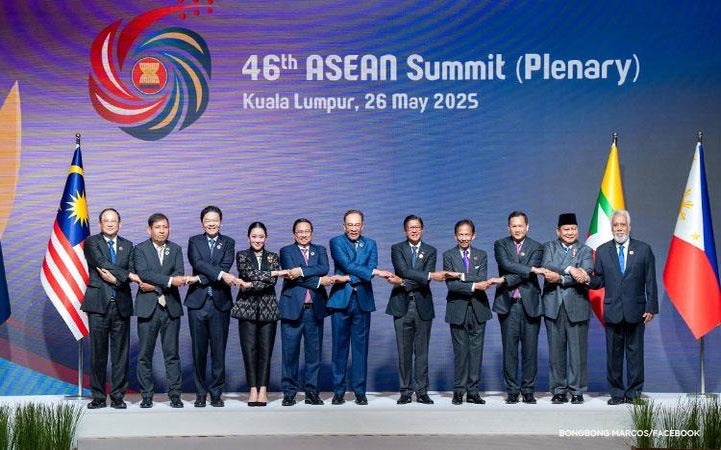
At the ASEAN Summit on May 26, the bloc made cautious moves regarding the Myanmar crisis. Malaysian Prime Minister Anwar Ibrahim highlighted the role of the newly formed Informal Advisory Group chaired by former Thai Prime Minister Thaksin Shinawatra. Prime Minister Anwar emphasized the importance of “quiet engagement,” describing the Group’s recent diplomatic efforts as modest but meaningful steps toward conflict resolution. He announced that the next convening will be hosted by former Cambodian Prime Minister Hun Sen.
In its official ASEAN Leaders’ Statement on an “Extended and Expanded Ceasefire” in Myanmar, ASEAN reaffirmed the Five-Point Consensus as the “main reference” for addressing the crisis and explicitly urged all parties to halt civilian violence. In brief, the Five-Point Consensus encompasses cessation of violence, constructive dialogue, facilitation of dialogue by an ASEAN special envoy, humanitarian assistance, and the special envoy's visit to the nation. The bloc also praised the temporary ceasefires declared on all sides of the conflict and echoed calls for a nationwide and sustained ceasefire, stressing the need to create “a safe and conducive environment” for humanitarian aid and dialogue.
In response, the military-led State Administration Council (SAC) and pertinent opposing parties declared a unilateral ceasefire extension through June 30, though SAC airstrikes reportedly continued in contested areas. The parallel civilian-led National Unity Government (NUG) of Myanmar issued a May 28 statement acknowledging ASEAN’s calls and reiterating their own ceasefire, while urging stronger international monitoring. Observers note that while the SAC’s participation signals potential diplomatic normalization, the lack of mechanisms to enforce the Five-Point Consensus or monitor the ceasefire remains a key limitation.
